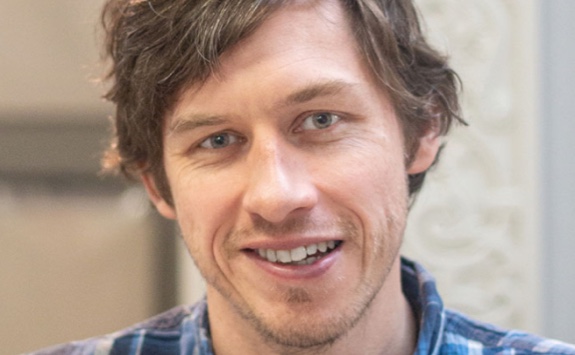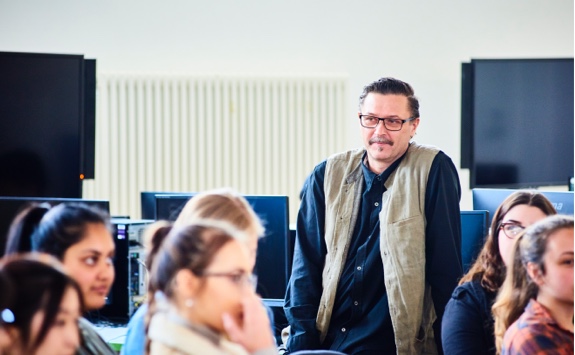Our Research
Read more about the research we do across Film, Media, Journalism, PR, and Curating Art, Heritage and Museums
Research in Media, Culture, Heritage is dynamic and cutting-edge, often interdisciplinary, and international in scope. A positive and supportive Media research environment empowers staff to be committed, critical, and creative researchers who advance knowledge, push at the boundaries of their disciplines, and make positive contributions to policy development and the lives of individuals and communities. We believe that working collaboratively with partners and stakeholders at local, regional, and global levels means that our Media research remains meaningful and relevant to real people and real lives and not simply academically interesting.
In REF 2021, the vast majority (93%) of our submitted research was classified as ‘World Leading’ or ‘Internationally Excellent’. An important aspect of our research is its contribution to and impact on, the social, cultural, environmental, economic, political, and scientific issues which concern us as global citizens as well as academic researchers.
An example of such impact is Professor Peter Stone's work on improving the protection of cultural property during armed conflict. This research has impacted on non-governmental organisations, national, and international policymakers (including HM Government), and the international military landscape.

Another example is the work of Dr Alastair Cole who directed the multi-award-winning film Colours of the Alphabet (2016, 80 mins, documentary), which won Best Feature Film at the International Children’s Rights Film Festival, 2018. COTA has been translated into 40 languages including 20 indigenous African languages. Alastair is a member of the Newcastle University Research Centre for Film where you can see more of the work of our filmmakers.
We connect cutting edge researchers with others working in governmental, non-governmental, creative, and community settings in order to promote and enhance quality of life across ever-changing contexts and for diverse groups.
Our media studies research has been supported by all the major UK funders including the AHRC, ESRC, Leverhulme, and the British Academy, as well as international funders such as the Swedish Research Council and the European Commission.

-optimised.jpg)